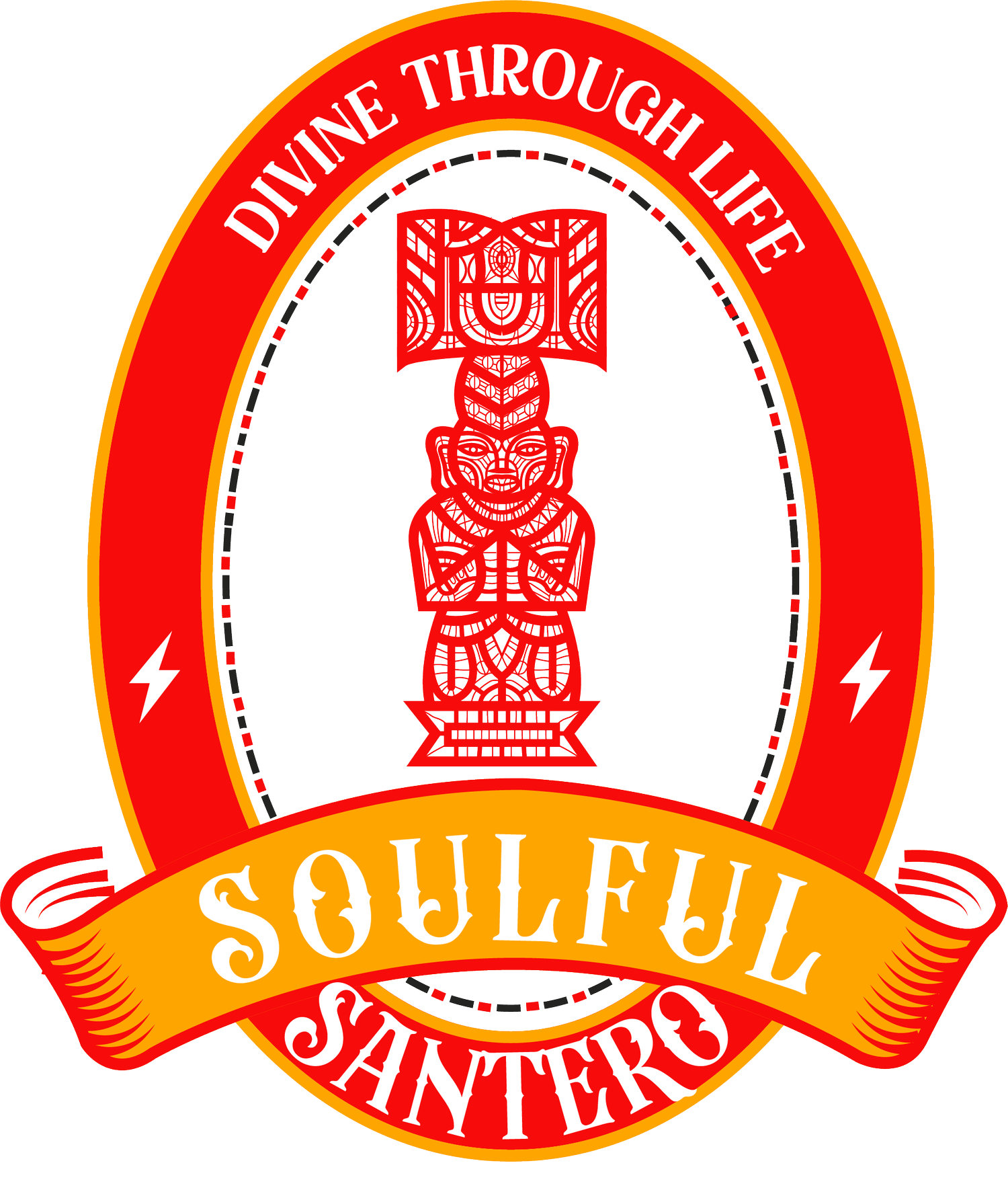SELF-EXAMINATION: A SELDOM TALKED ABOUT PART OF ESPIRITISMO
People probably know by now that when I write about the spiritual traditions I practice, I tend toward discussing aspects of them that I notice others don’t talk about. Espiritismo is no different, for me. It is a beautiful tradition with many helpful tools that cut across spiritualities because of the nature of the practice itself. But today I am not so much focusing on its beauty than I am one of the harder aspects of its practice that takes a lot of getting used to for many people. Few spiritual practices emphasize self-examination as key and core to the practice itself. Aside from espiritismo, the closest spiritualities I know that have this in a similar way are Hinduism and Buddhism. When people think of espiritismo, the first thing most people go to is the spirit-work. It’s the sexy part of the practice! The excitement of learning who your personal spirits are and the ensuing development of your spiritual court over years of practice. This is an important part of why we practice espiritismo. But I would say it’s not the MOST important part. Self-examination is important because not working on ourselves results in a practitioner who has connections with spirits, but has a lot of internal barriers to a deeper connection. Those barriers can come from anywhere, including things like:
Traumas
Untreated/undiagnosed mental illness
Fears that have never been faced
Abuse
Crushing self-doubt
Lack of emotional or impulse control
Self-delusion or self-deception
This list is by no means exhaustive. But these are some of the things I have seen myself and others deal with in the practice of this tradition. What a lot of people on the outside of espiritismo don’t usually understand about the practice is these sorts of issues are the very thing your spirit guides will bring up relentlessly as they hold that metaphorical mirror to your face. What I also know as a bereavement counselor is many people fear facing deeper feelings because they are afraid doing so will destroy them. People don’t say that to me outright, but HOW they say what they say reveals that fear. I think it’s similar in espiritismo, especially if it is something we have held to for years and years as a survival mechanism. This is all completely understandable. But it limits our spiritual development.
What I am talking about is also why so many of the traditional espiritismo prayers we use in our seances and communion with our spirit guides always have this emphasis on self-examination. This is so important that, in one beginning prayer, we declare if we do not come to the séance with a clean heart, that our abilities be stripped away by the spirits! On this issue, espiritismo is clear: if you want to become a powerful medium and worker of spirits, you must face yourself.
I end today with one of the prayers from Allan Kardec’s “Collection of Selected Prayers”:
You have given me, O God, the intelligence I need to distinguish between good and evil. Thus, the instant in which I realize that something is evil, I am guilty if I do not make an effort to resist it. Keep me from the pride that may prevent me from perceiving my faults, and from the evil spirits who may incite me to persevere in them.
Amongst my imperfections, I realize that I am particularly inclined toward [name your issue], and if I do not resist this inclination, it is because of my habit to give in to it. You did not create me blameworthy, for you are just; but you created me with an equal aptitude for either good or evil. If I have followed the evil pathway, it is a result of my free will. But for the same reason that I have the freedom to do evil, I can also do the good. Consequently, I can change my course. My current faults are remains of the imperfections I have retained from my previous existences. That is my original sin, from which I may unburden myself with my will and the assistance of
good spirits.
Good spirits who watch over me, and especially you, my guardian angel, give me strength to resist evil suggestions and emerge victorious from the struggle. Faults are barriers that separate us from God, and each one that is overcome is a step taken on the path of progress that shall
bring me closer to him. The Lord, in his infinite mercy, has willed to grant me this present existence to serve for my advancement. Good spirits, help me to take advantage of I so that I may not waste it, and that, when it pleases God to take me from it, I may leave more evolved
than when I entered. Amen.
